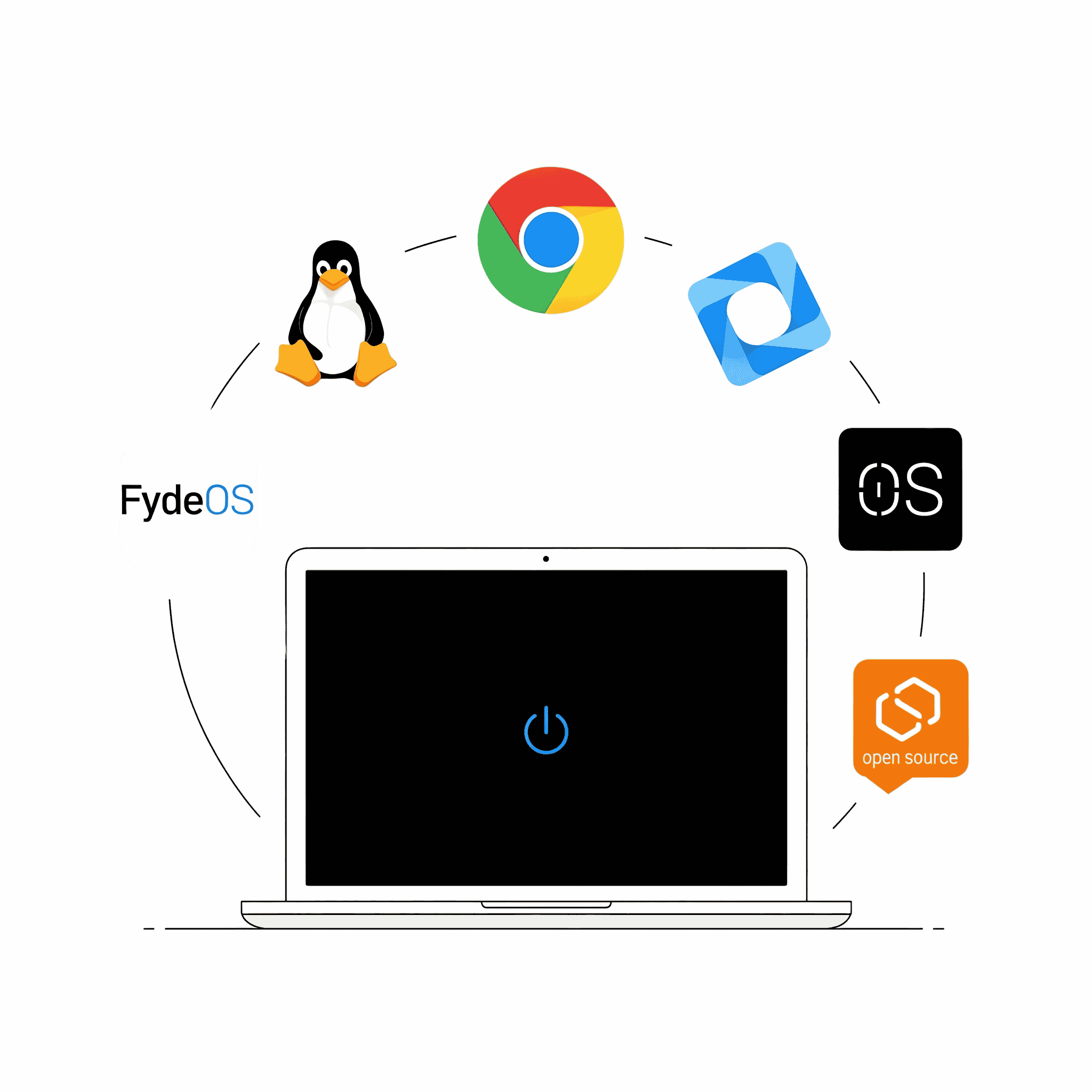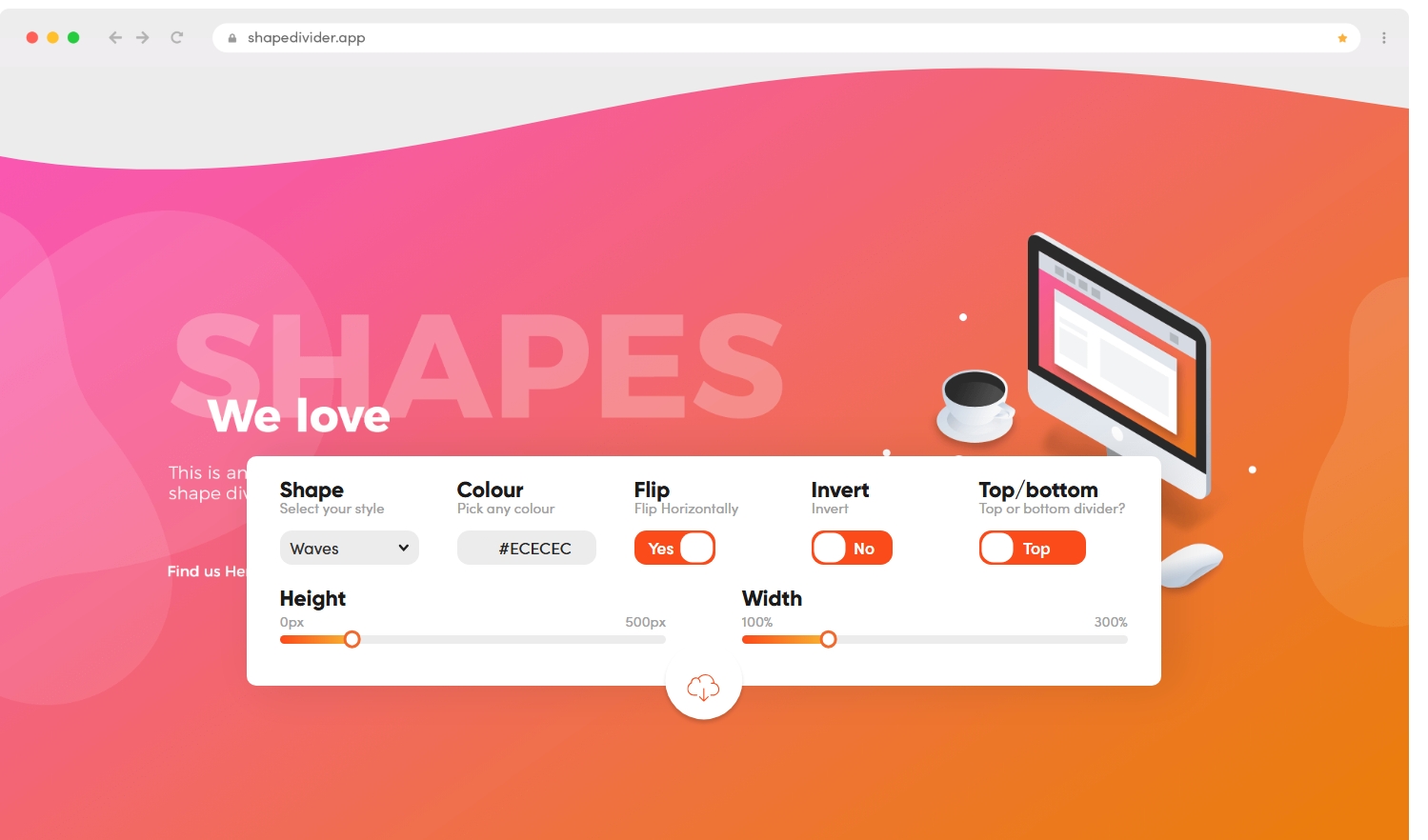Top 5 Best ChromeOS Alternatives for Chromebook in 2025

If you feel limited by the default ChromeOS on your Chromebook, you’re not alone. While ChromeOS is lightweight and cloud-focused, it often lacks advanced software compatibility, offline functionality, and system customization — things developers, power users, and privacy-conscious individuals crave.
Luckily, there are several ChromeOS alternatives that give you more control, performance, and flexibility. Below are the top 5 best operating systems for Chromebooks in 2025, complete with download links, pros, and ideal use cases.
1. Linux (GalliumOS, Ubuntu, or Linux Mint)
Best for: Developers, coders, and advanced users
If you want a complete desktop experience on your Chromebook, Linux is the top pick. With distributions like GalliumOS (optimized for Chromebook hardware), Ubuntu, and Linux Mint, you can unlock full access to open-source tools, coding environments, and offline apps.
Why Choose Linux for Chromebook:
Full-featured Linux desktop environment
Lightweight and highly customizable
Excellent for programming, web development, and system control
Download Links:
GalliumOS (Chromebook optimized)
Linux Mint
Tip: GalliumOS offers the smoothest Chromebook performance, while Ubuntu and Mint are beginner-friendly.
2. FydeOS (ChromiumOS with Android & Linux Support)
Best for: Users who want a ChromeOS-like experience with more power
FydeOS is built on ChromiumOS, the open-source version of ChromeOS. However, unlike Google’s version, FydeOS supports Android apps and Linux packages natively. That means you can install your favorite Android apps while still using a desktop Linux environment.
Why Choose FydeOS:
Familiar ChromeOS-style interface
Android app support built-in
Linux subsystem for developers
Fully open-source and privacy-friendly
Download:
👉 FydeOS Official Website
3. ChromeOS Flex (by Google)
Best for: Reviving old laptops or using ChromeOS on non-Chromebook devices
ChromeOS Flex is Google’s official lightweight OS designed for older computers. It brings the simplicity and security of ChromeOS to any device, including aging Chromebooks. It’s ideal for education, offices, and minimalists who prefer a cloud-first experience.
Why Choose ChromeOS Flex:
Official Google support
Fast, cloud-centric, and secure
Works well on a wide range of laptops
Download:
Get Started with ChromeOS Flex
4. Arch Linux / Manjaro
Best for: Tech enthusiasts and advanced users
If you love deep customization and control, Arch Linux or Manjaro is the way to go. Arch offers a pure Linux experience with rolling updates and full control over packages. Manjaro, built on Arch, makes setup easier without sacrificing performance.
Why Choose Arch or Manjaro:
Rolling-release updates for latest software
Clean package management via Pacman
Highly customizable and developer-friendly
Download:
Manjaro Linux
Arch Linux
Note: Arch is for experienced users; Manjaro is more beginner-friendly.
5. Ubuntu Web Remix
Best for: ChromeOS fans who want Linux freedom
Ubuntu Web Remix brings a web-first UI similar to ChromeOS, but with the flexibility and power of Linux underneath. It supports Progressive Web Apps (PWAs) and integrates with Ubuntu’s ecosystem, making it perfect for users who want ChromeOS-style simplicity with open-source freedom.
Why Choose Ubuntu Web Remix:
Chromebook-style web interface
Supports full Linux software ecosystem
Ideal for browsing, cloud apps, and productivity
Download:
Ubuntu Web Remix
Which OS is Best for Your Chromebook in 2025?
Your choice depends on how you use your device:
Linux (Ubuntu, GalliumOS, Mint): For complete control and programming power
FydeOS: For a ChromeOS-like interface with Android and Linux app support
ChromeOS Flex: For simplicity and older hardware
Manjaro/Arch: For tech-savvy users who want total system control
Ubuntu Web Remix: For those who love ChromeOS but want open-source flexibility
Whichever option you pick, these Chromebook OS replacements can give your device a new life in 2025 — faster, more private, and far more powerful than stock ChromeOS.
FAQs About New OS on Chromebook
1. Can I install Linux on a Chromebook?
Yes! Most Chromebooks support installing Linux either via the Linux (Beta) feature or by fully replacing ChromeOS with a Linux distro like GalliumOS, Ubuntu, or Linux Mint.
2. Is ChromeOS Flex free to use?
Absolutely. ChromeOS Flex is free and officially maintained by Google. You can install it on any compatible PC, Mac, or Chromebook.
3. What is the best OS for old Chromebooks in 2025?
For older devices, ChromeOS Flex and GalliumOS are the best options. Both are lightweight, fast, and optimized for low-spec hardware.
4. Does FydeOS support Android apps?
Yes. FydeOS natively supports Android applications and Linux software, making it an excellent hybrid option for productivity and entertainment.
5. Can I run Windows on a Chromebook?
Technically, yes, but it’s not recommended. Chromebooks aren’t designed for Windows, and hardware compatibility can be poor. Instead, try FydeOS or Linux for a smoother experience.
6. Which Chromebook OS alternative is best for developers?
Linux (Ubuntu or Manjaro) is ideal for developers due to its access to terminals, programming libraries, and open-source tools.
7. Is replacing ChromeOS safe?
Yes, as long as you follow verified installation guides and back up your data. Always download OS images from official websites to ensure safety.

